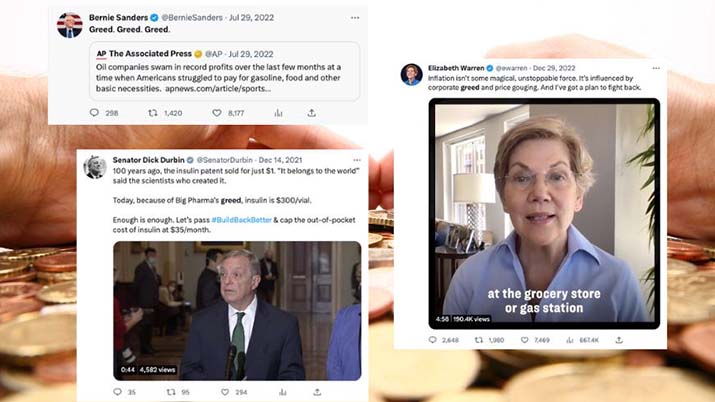

Photo: UBC Media Relations
Tweet about greed. That’s what U.S. politicians ought to do if they want to gain likes and retweets on Twitter, according to new UBC Psychology research.
Analyzing nine years of tweets from U.S. senators
The researchers from UBC’s department of psychology analyzed every tweet posted by U.S. senators from early 2013 to late 2021—a total of 861,104 tweets from 140 senators. The researchers were looking specifically for communication about greed, so they could see if it correlates with more likes and retweets.
As it turns out, it does.
Tweets about greed perform best for Democrats
Both Democratic and Republican senators got more support and traction for their tweets when tweeting about greed. The effect was stronger for Democrats, though, and stronger still if those tweets also happened to mention their political opponents.
Senators from both parties tweet negatively about greed
Regardless of party, senators were more likely to tweet in negative terms about greed than positive. Even if some politicians act as though “greed is good,” they generally don’t tweet like it.
In the U.S.’s highly partisan political system, social media matters. Politicians can boost their chances in tightly contested elections by reaching like-minded partisans and motivating them to act, the researchers note.
The tweets in this study began in 2013 on the opening day of the 113th session of Congress—the first time all U.S. senators had Twitter accounts.
This News Tip was originally published by UBC Media Relations. Read the original post.
About the study
The study, Greed communication predicts the approval and reach of US senators’ tweets, was published in the Proceedings of the National Academy of Sciences (PNAS).
Eric Mercadante, a Phd student in UBC’s department of psychology, is lead author of the study and Dr. Jessica Tracy and Dr. Friedrich Götz, professors in UBC’s department of psychology, are the study’s co-authors.


